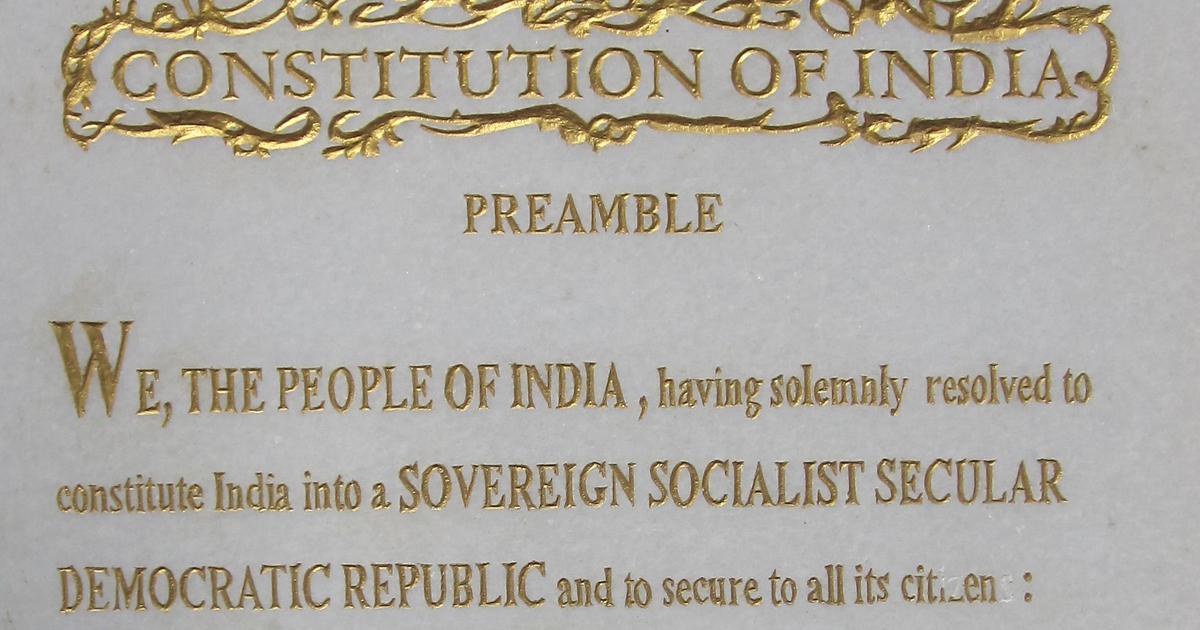North East India (officially North Eastern Region, NER) is the easternmost region of India
representing both a geographic and political-administrative division of the country.
It comprises eight states – Arunachal Pradesh, Assam, Manipur, Meghalaya, Mizoram,
Nagaland, Tripura and Sikkim.
The North-eastern Region (NER) has several unique and unparalleled features:
- Fertile
land,
- Abundant water resources,
- Evergreen dense forests,
- High and dependable
rainfall,
- Mega biodiversity,
- Flora and fauna and
- A mixture of socio-economic, political,
ethnic and cultural diversity.
While the entire world is moving towards sustainability, it has been a way of life in
the North East, innately linked to nature. • The North East does have a unique indigenous culture and this has to be protected
yet made relevant to modern times today.
• Under the aegis of the Ministry of Development of North Eastern Region, the
government is committed to accelerating the pace of socio-economic development
of the region so that it may achieve growth parity with the rest of the country.
Governance in NER
Blessed with abundant potential and opportunities, the North East Indian region is populated
by a number of different communities, with diverse cultures, languages and customs.
• Marked by difficult terrain, backward areas, and limited connectivity, this area was
also known for the active presence of a number of militant groups. However, peace
has been achieved to a large extent, with notable recent examples being the
Nagaland Peace Accord and the Bodo Peace Accord.
• The region is connected to mainland India only through a narrow stretch of land
(about 22 km wide) in West Bengal called the ‘Siliguri Corridor’, sometimes known as
the “Chicken Neck Corridor”, rest, the entire north-eastern part of the country is bound by
international borders.
• The strategic position of the land entails a number of advantages as well as
challenges. It is against this backdrop that governance must be delivered, for the
overall development of the region.
Institutional Support
Department of Development of North Eastern
Region (DoNER)
• The Department of Development of North
Eastern Region (DoNER) was established in
the year 2001.
• After becoming a full-fledged Ministry of
the Government of India in 2004, the
Ministry of DoNER functions as the nodal
Department of the Central Government to
deal with matters related to the socio-economic development of the eight states
of Northeast India.
• It handled the Non-Lapsable Control Pool
of Resources (NLCPR) Scheme, which has
been followed by the North East Special
Infrastructure Development Scheme
(NESIDS).
North Eastern Council (NEC)
• The North Eastern Council (NEC) is a
statutory regional planning body for North
East India constituted under the North
Eastern Council Act 1971.
• All the Governors and the Chief Ministers
of the eight states in the North East are
members of the NEC.
• The Union Home Minister is the Chairman,
and the DoNER Minister acts as the ViceChairman.
Culture and Religion
Pre British period
• The tribes were primarily animistic.
• There was no written script.
• There were a few tribal dances, such as
cheraw (bamboo dance), sarlamkai
chheihlam, khuallam, etc.
• They observed three festivals called pawl
kut, chapchar kut and mim kut.
Post British annexation
• The arrival of Christian missionaries, who
invented a script and an alphabet for the
Mizo language.
• All the ethnic Mizo population have
converted to Christianity, making up
around 87% of the total population of the
State.
• Around 8% of the population of Mizoram
are Buddhists, primarily from the Chakma
tribe along the Indo-Bangladesh border.
Source: Kurukshetra and Yojana









No comments:
Post a Comment